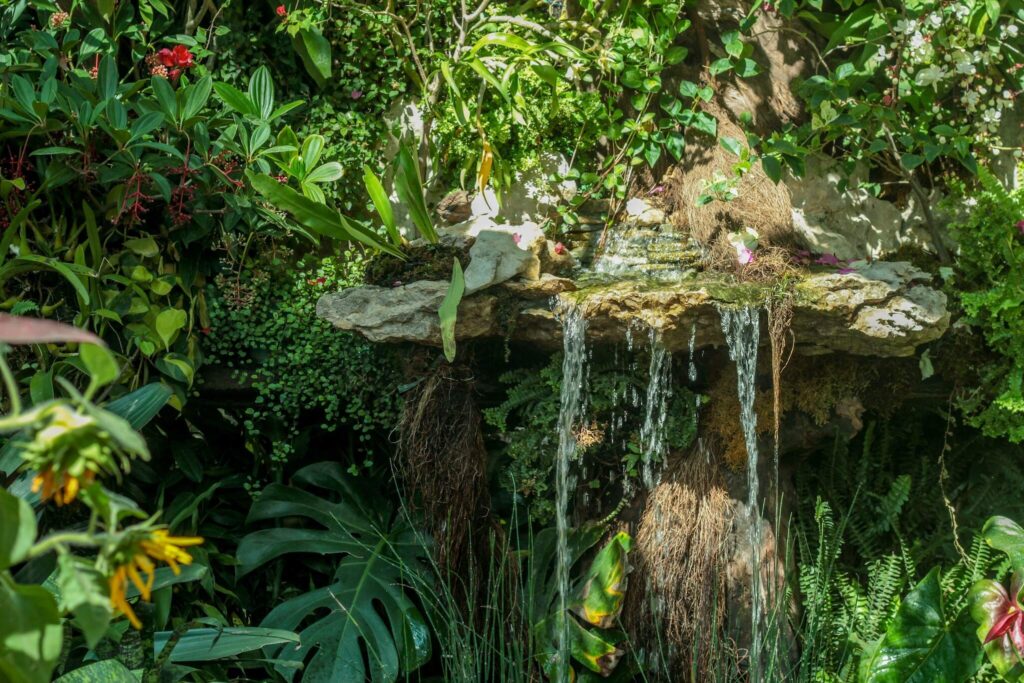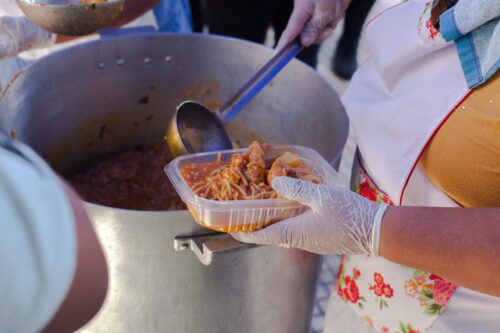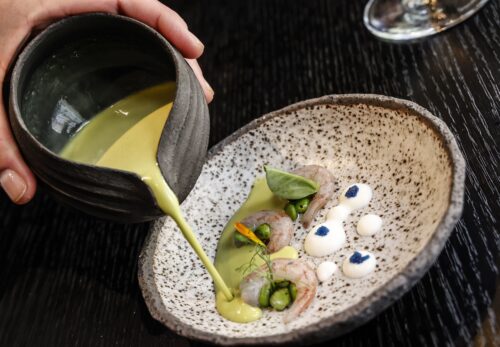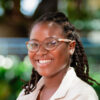Coastal Eden

in the evening, frangipani fronds
unfurl their lemon-yellow
limbs into a cloud
that fills the garden. the
coastal breeze lifts palms
and verdant leaves
as if limp arms.
coastal current, not salty brine
but telluric, carrying memory
thwarting geography,
sea becoming alpine.
coastal gusts sweet
busy with heat, dizzying
twisting twisting
until they lie still under a sky
scattered with stars
burning hot.
the garden bears witness
holds court at dusk
where eve kneels, in tears,
wanting to know why her
and not the tree.
forgive the curved hips
of the apple, the fragranced
breath of the snake,
the testimony of the frangipani,
but not the tree.
she has seen the bloody future,
the tree’s inescapable guilt, hiding
what cannot be hidden
the harboring of strange fruit,
a foul hoard. strike of warped
sisal rope, voices on rotting paper,
wood-weighted coffins.
“why not the tree.
why me?”
the whispered response,
“why not?
you are damned
anyway.”
the hollowed tree whistles and sways,
frangipani retreats into sleep
holds still until day breaks.

























